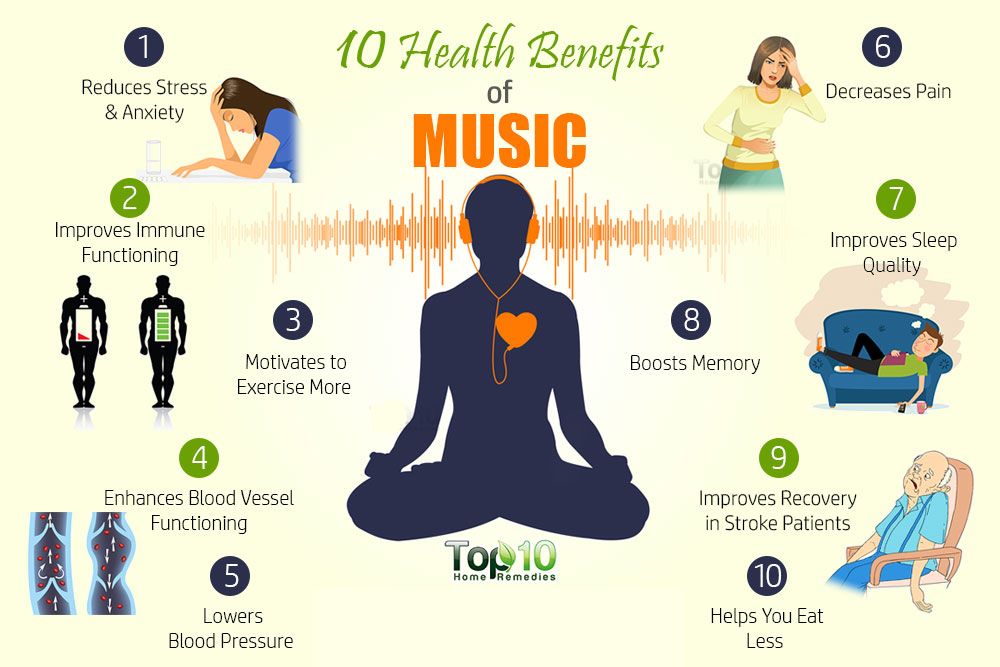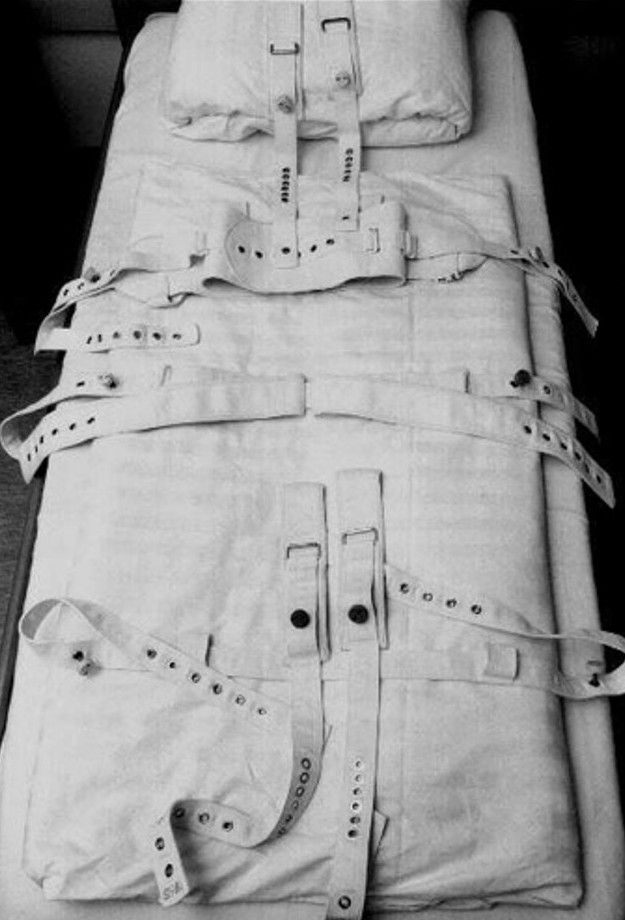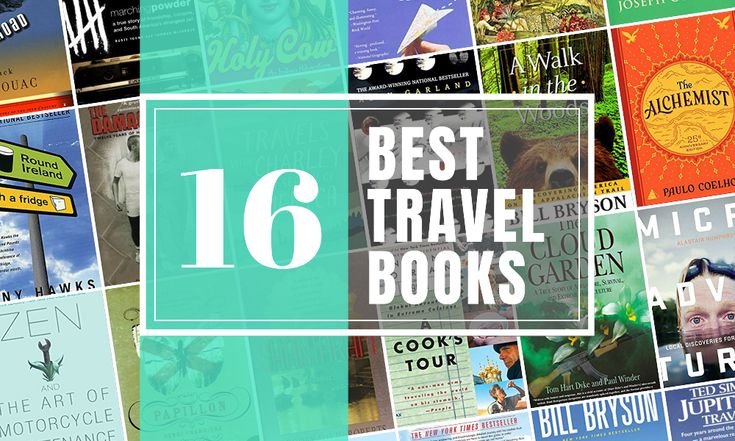Herbal relief for stress
Does it work? Plus 9 calming options
Some medications for anxiety relief can have uncomfortable side effects. So, at times, people with anxiety consider herbal remedies as alternatives. Examples include chamomile, valerian, and more.
Talking with a doctor before reducing or stopping prescription medication or starting an herbal supplement is important. Many medications derived from ingredients in herbs can be potent, cause side effects, and interact with other medications.
Here, we describe nine herbs and supplements that could help alleviate anxiety.
Share on PinterestAshok Nath/INDIAPICTURE/Universal Images Group via Getty ImagesDifferent herbs can affect the body in different ways.
For example, some ashwagandha can reduce levels of the stress hormone cortisol in the blood. Long-term exposure to high circulating cortisol levels can increase a person’s risk of developing anxiety.
Other herbs can aid relaxation by altering signal processing in the brain. For example, valerian root extracts may modulate gamma-aminobutyric acid receptors in the brain, which may promote relaxation and reduce anxious feelings. So, many claim that valerian root can also assist in treating sleep conditions such as insomnia.
Ashwagandha or Withania somnifera is among a group of herbs called “adaptogens.”
Adaptogens affect systems and hormones that regulate a person’s stress response. Ashwagandha has a long history of use in traditional Indian, or Ayurvedic, medication.
A small 2019 study investigated the efficacy of ashwagandha for stress and anxiety.
The 8-week study involved 58 participants with perceived stress. Each participant randomly received one of three treatments: Ashwagandha extract at doses of either 250 milligrams (mg) per day, 600 mg per day, or a placebo.
The participants who took ashwagandha showed less cortisol than those in the placebo group. They also experienced improved sleep quality.
Participants who took 600 mg of ashwagandha reported significantly reduced stress levels.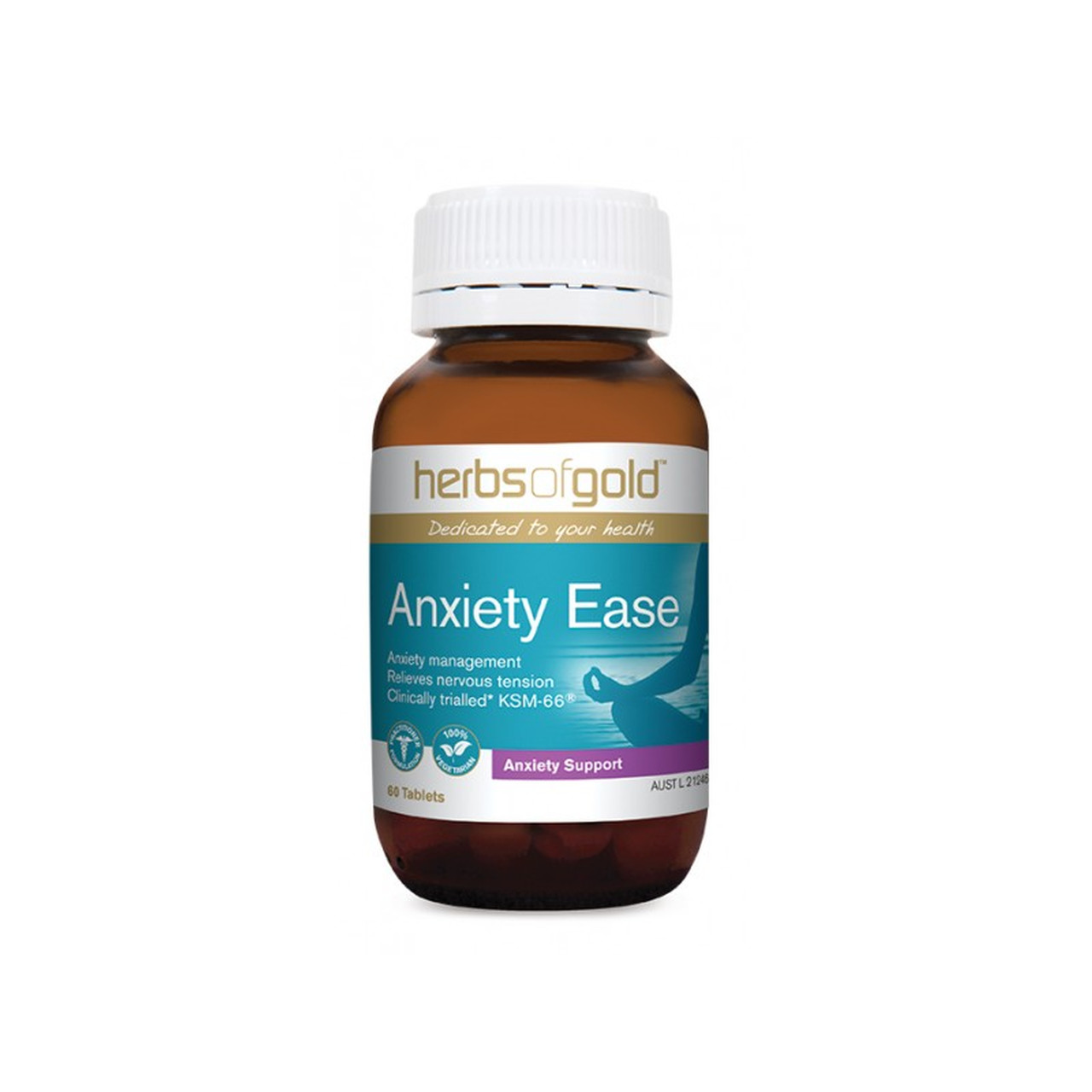 However, participants who took the lower dose of ashwagandha did not report a stress reduction.
However, participants who took the lower dose of ashwagandha did not report a stress reduction.
In another small 2019 study, 60 participants with mild anxiety received 240 mg of ashwagandha or a placebo for 60 days. Those taking the herb showed a significant reduction in some measures of anxiety but not in others.
People can take ashwagandha as a tablet or in liquid tincture form.
Chamomile is a flowering herb similar in appearance to a daisy. People can use two types of chamomile medicinally: Roman chamomile and German chamomile.
Some people use chamomile in the following forms to help relieve stress and anxiety:
- tea
- extract
- tablet
- skin cream
A small 2016 clinical trial investigated the efficacy and safety of chamomile as a long-term treatment for generalized anxiety disorder (GAD).
All 93 participants received 1,500 mg of chamomile daily for 12 weeks. Some continued taking chamomile for 26 weeks, while the remainder switched to a placebo.
Researchers observed that those participants who continued taking chamomile were no less likely to experience a relapse of GAD symptoms than those switching to placebo. However, when relapse did occur, the symptoms were less severe.
Some people may experience allergic reactions to chamomile. It may interact with certain drugs, including the blood thinner warfarin and the antirejection drug cyclosporine.
It is important for anyone taking any type of medication to check with their doctor before consuming chamomile teas or supplements.
Valerian, or Valeriana officinalis, is a plant native to Europe and Asia. For centuries, people have used the root to help treat sleep problems, anxiety, and depression.
To date, there have only been a few high quality studies on the effects of valerian. The National Center for Complementary and Integrative Health (NCCIH) states that there is insufficient evidence to determine whether valerian can alleviate anxiety or depression.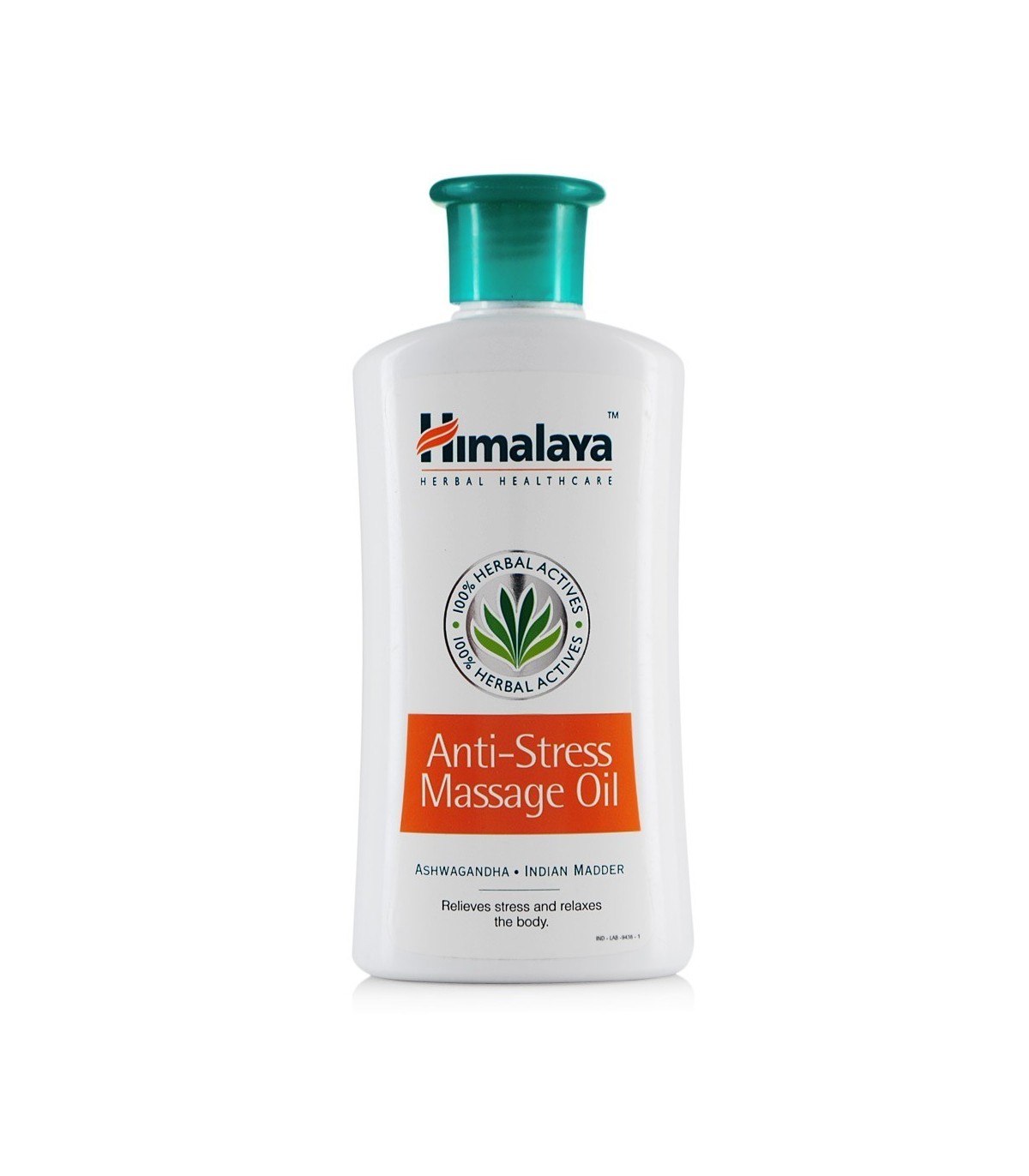
Studies suggest that valerian is generally safe. However, the NCCIH notes that there is no information on the long-term use or safety of valerian in the following groups:
- pregnant people
- parents who are nursing
- children under 3 years old
Lavender is a flowering plant belonging to the mint family. Many people use lavender to help calm their nerves and alleviate anxiety.
People may use lavender to make teas or utilize it as an essential oil
Lavender essential oil (LEO) contains chemicals called terpenes. A 2017 review article suggested that two of these terpenes, linalool and linalyl acetate, may have a calming effect on chemical receptors in the brain.
The review suggested LEO may be an effective short-term treatment for anxiety disorders. However, studies on the long-term effects of LEO are lacking.
Galphimia glauca is a plant species native to Mexico. People traditionally used it as a tranquilizer to reduce anxiety.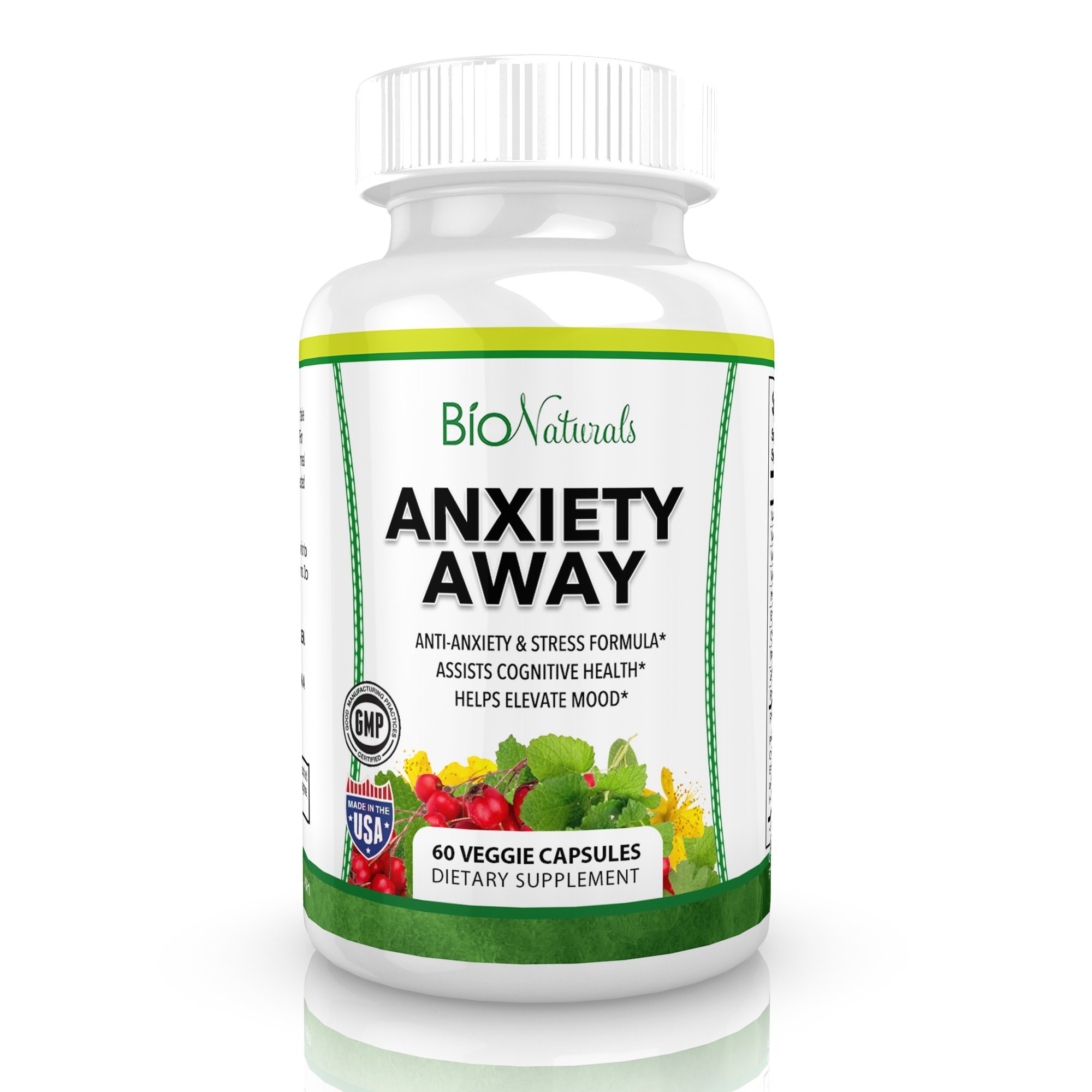
According to a 2018 review, the evidence for G. glauca as a treatment for anxiety is promising. However, medical companies have not exploited its potential due to a lack of available plant material.
Passionflower or Passiflora is a family of plants with around 550 different species. Some studies show that a particular species, P. incarnata, may be effective in treating restlessness, nervousness, and anxiety.
People can take P. incarnata in tablet form or as a liquid tincture.
Kava kava, or simply kava, is a shrub that is native to the islands of the Pacific Ocean. Its scientific name is Piper methysticum.
Kava may help reduce stress and anxious feelings. However, there are reported cases of products containing kava causing severe liver damage. People must always consult a medical professional before taking kava.
Cannabidiol (CBD) is one of the active ingredients of the cannabis plant.
A study from 2019 suggested that CBD may have a calming effect on the central nervous system.
The researchers concluded that CBD might be beneficial for people with anxiety-related disorders. However, clinical trials are necessary to confirm these results.
Although the Food and Drug Administration (FDA) does not currently approve the use of CBD, this natural chemical is widely available in the following forms:
- tablet
- liquid extract
- vape liquid
- topical cream
Other supplements that may help to alleviate symptoms of anxiety include:
- magnesium
- essential fatty acids
- high dose sustained-release vitamin C
Many herbs can interact with over-the-counter and prescription medications. Some can increase or reduce the effects of certain drugs, potentially causing serious health effects.
People taking medication must consult their doctor or pharmacist before starting herbal supplements.
They must also be aware that herbal remedies can take longer to start working than prescription medications.
If a person needs more advice about an herbal product, they can consult a qualified herbalist about brand, strength, and quantity.
The FDA does not monitor herbal remedies, so there are potential safety concerns for herbs that have mislabeling or contamination with heavy metals.
People have been using herbs for thousands of years to treat many health conditions. Scientific studies indicate that certain herbs may help to alleviate the symptoms of anxiety.
As with prescription medications, some herbal products can cause side effects. Herbal products may also take longer to begin working. People must consider these factors when weighing up the pros and cons of a particular treatment.
There can be serious interactions between certain herbs and medications. A person who is taking any medication must consult their doctor before they begin taking herbal products.
Read the article in Spanish.
Does it work? Plus 9 calming options
Some medications for anxiety relief can have uncomfortable side effects. So, at times, people with anxiety consider herbal remedies as alternatives. Examples include chamomile, valerian, and more.
So, at times, people with anxiety consider herbal remedies as alternatives. Examples include chamomile, valerian, and more.
Talking with a doctor before reducing or stopping prescription medication or starting an herbal supplement is important. Many medications derived from ingredients in herbs can be potent, cause side effects, and interact with other medications.
Here, we describe nine herbs and supplements that could help alleviate anxiety.
Share on PinterestAshok Nath/INDIAPICTURE/Universal Images Group via Getty ImagesDifferent herbs can affect the body in different ways.
For example, some ashwagandha can reduce levels of the stress hormone cortisol in the blood. Long-term exposure to high circulating cortisol levels can increase a person’s risk of developing anxiety.
Other herbs can aid relaxation by altering signal processing in the brain. For example, valerian root extracts may modulate gamma-aminobutyric acid receptors in the brain, which may promote relaxation and reduce anxious feelings. So, many claim that valerian root can also assist in treating sleep conditions such as insomnia.
So, many claim that valerian root can also assist in treating sleep conditions such as insomnia.
Ashwagandha or Withania somnifera is among a group of herbs called “adaptogens.”
Adaptogens affect systems and hormones that regulate a person’s stress response. Ashwagandha has a long history of use in traditional Indian, or Ayurvedic, medication.
A small 2019 study investigated the efficacy of ashwagandha for stress and anxiety.
The 8-week study involved 58 participants with perceived stress. Each participant randomly received one of three treatments: Ashwagandha extract at doses of either 250 milligrams (mg) per day, 600 mg per day, or a placebo.
The participants who took ashwagandha showed less cortisol than those in the placebo group. They also experienced improved sleep quality.
Participants who took 600 mg of ashwagandha reported significantly reduced stress levels. However, participants who took the lower dose of ashwagandha did not report a stress reduction.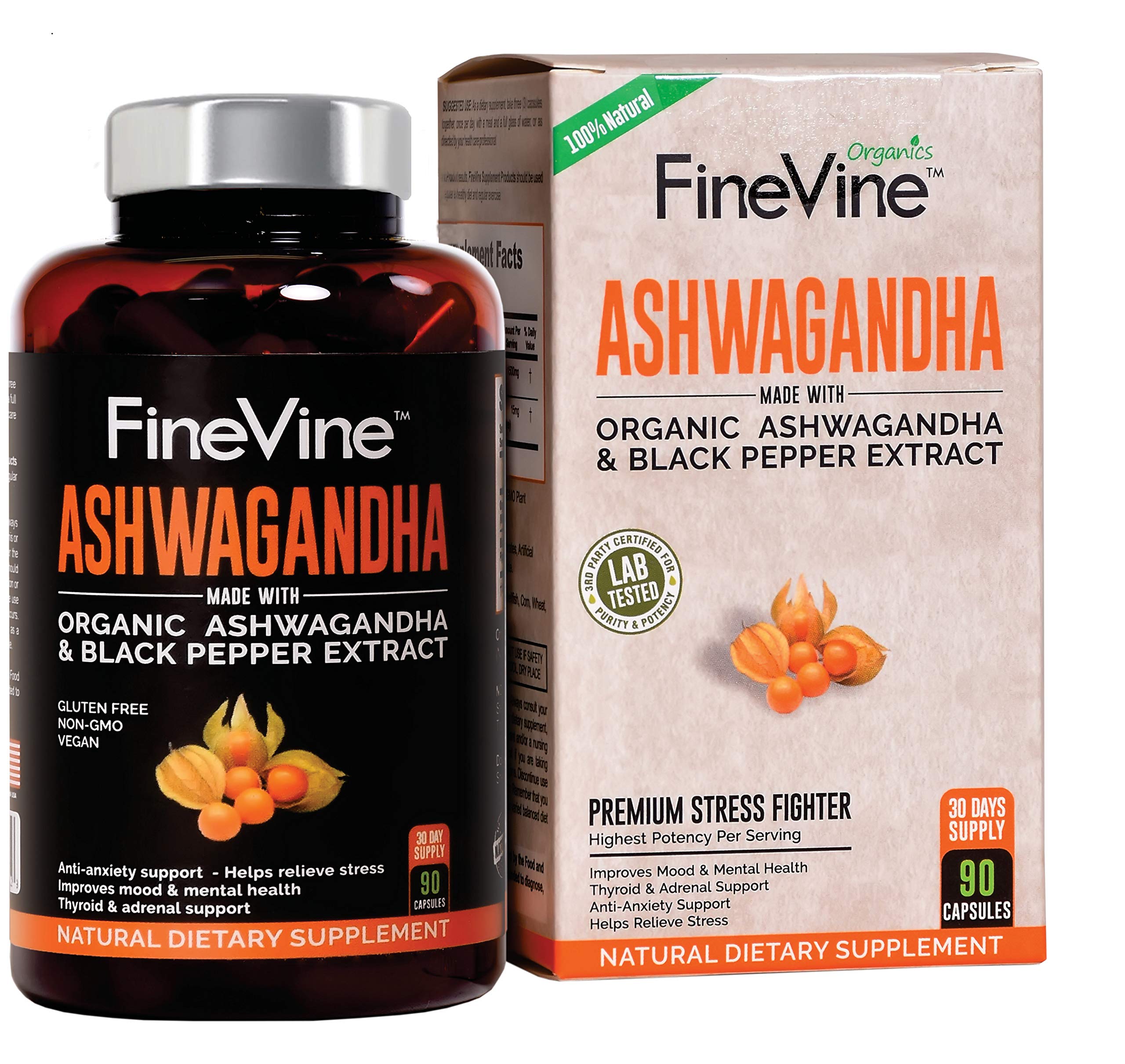
In another small 2019 study, 60 participants with mild anxiety received 240 mg of ashwagandha or a placebo for 60 days. Those taking the herb showed a significant reduction in some measures of anxiety but not in others.
People can take ashwagandha as a tablet or in liquid tincture form.
Chamomile is a flowering herb similar in appearance to a daisy. People can use two types of chamomile medicinally: Roman chamomile and German chamomile.
Some people use chamomile in the following forms to help relieve stress and anxiety:
- tea
- extract
- tablet
- skin cream
A small 2016 clinical trial investigated the efficacy and safety of chamomile as a long-term treatment for generalized anxiety disorder (GAD).
All 93 participants received 1,500 mg of chamomile daily for 12 weeks. Some continued taking chamomile for 26 weeks, while the remainder switched to a placebo.
Researchers observed that those participants who continued taking chamomile were no less likely to experience a relapse of GAD symptoms than those switching to placebo.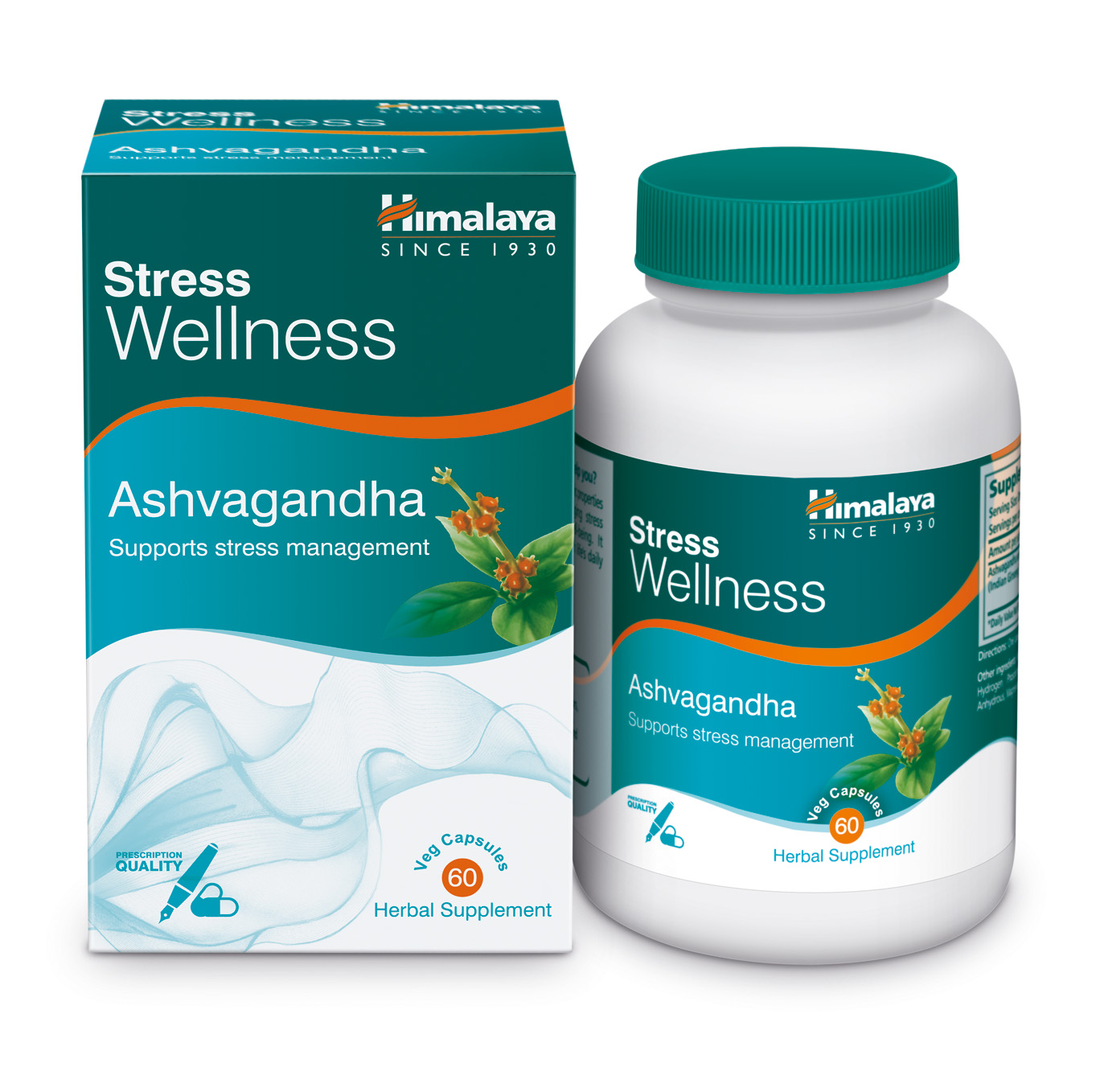 However, when relapse did occur, the symptoms were less severe.
However, when relapse did occur, the symptoms were less severe.
Some people may experience allergic reactions to chamomile. It may interact with certain drugs, including the blood thinner warfarin and the antirejection drug cyclosporine.
It is important for anyone taking any type of medication to check with their doctor before consuming chamomile teas or supplements.
Valerian, or Valeriana officinalis, is a plant native to Europe and Asia. For centuries, people have used the root to help treat sleep problems, anxiety, and depression.
To date, there have only been a few high quality studies on the effects of valerian. The National Center for Complementary and Integrative Health (NCCIH) states that there is insufficient evidence to determine whether valerian can alleviate anxiety or depression.
Studies suggest that valerian is generally safe. However, the NCCIH notes that there is no information on the long-term use or safety of valerian in the following groups:
- pregnant people
- parents who are nursing
- children under 3 years old
Lavender is a flowering plant belonging to the mint family.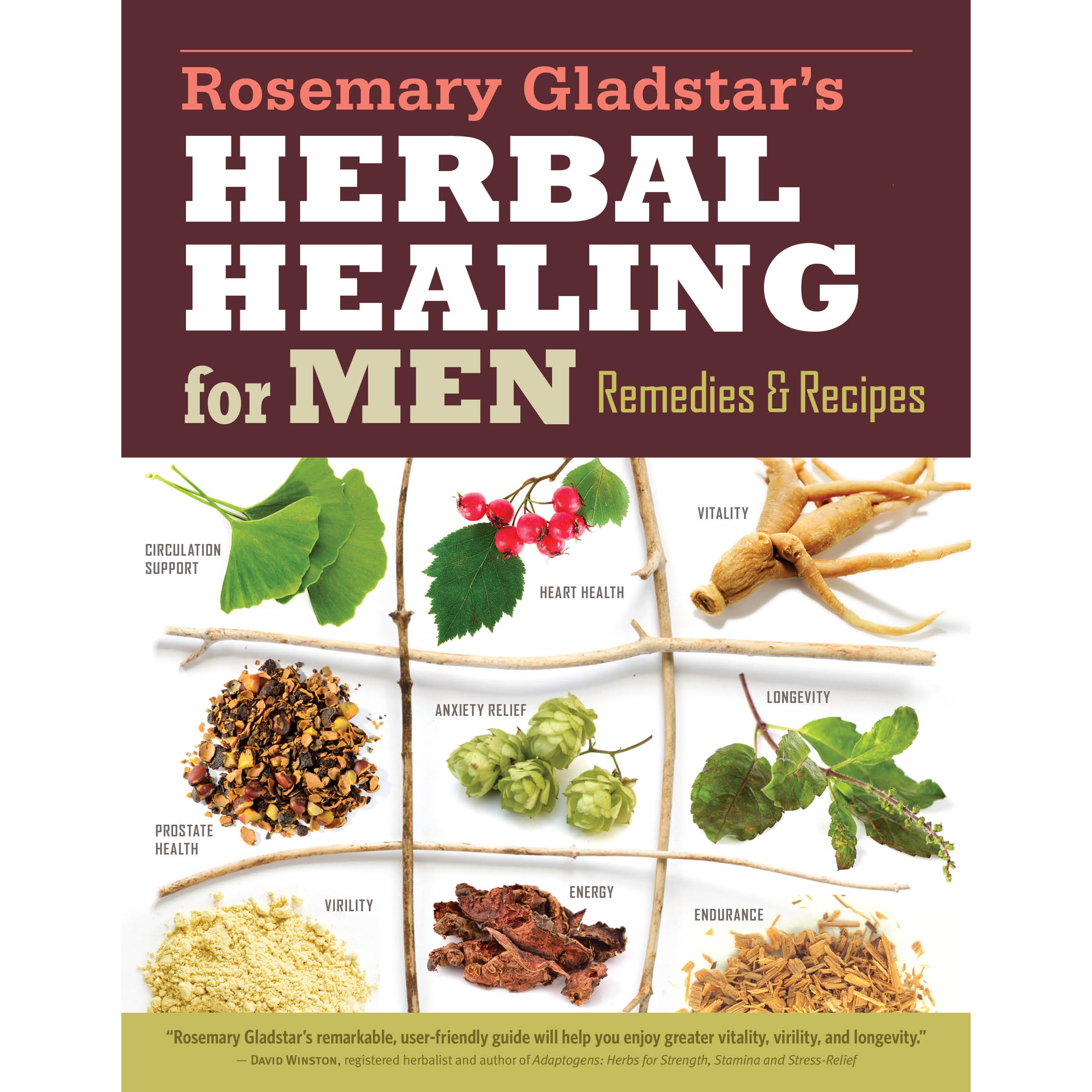 Many people use lavender to help calm their nerves and alleviate anxiety.
Many people use lavender to help calm their nerves and alleviate anxiety.
People may use lavender to make teas or utilize it as an essential oil
Lavender essential oil (LEO) contains chemicals called terpenes. A 2017 review article suggested that two of these terpenes, linalool and linalyl acetate, may have a calming effect on chemical receptors in the brain.
The review suggested LEO may be an effective short-term treatment for anxiety disorders. However, studies on the long-term effects of LEO are lacking.
Galphimia glauca is a plant species native to Mexico. People traditionally used it as a tranquilizer to reduce anxiety.
According to a 2018 review, the evidence for G. glauca as a treatment for anxiety is promising. However, medical companies have not exploited its potential due to a lack of available plant material.
Passionflower or Passiflora is a family of plants with around 550 different species. Some studies show that a particular species, P.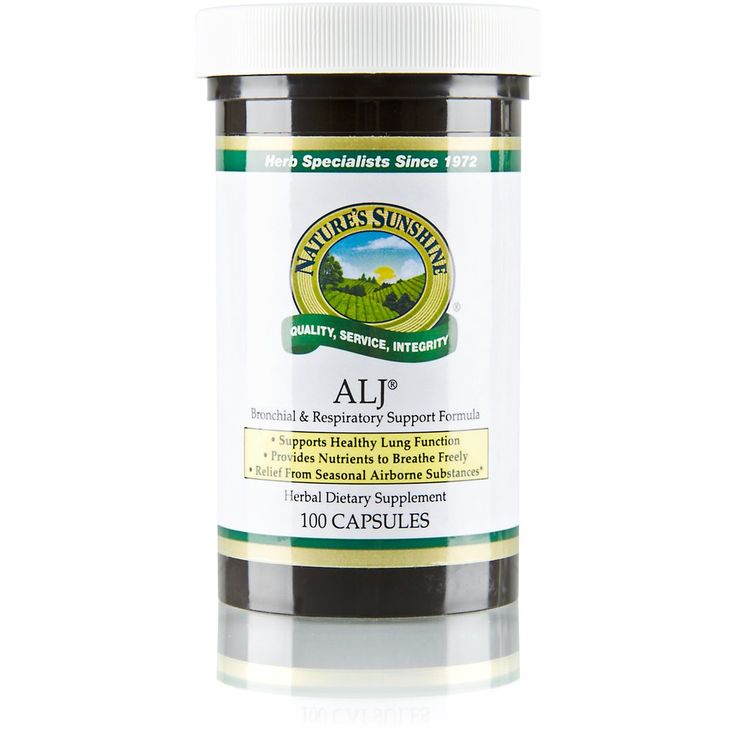 incarnata, may be effective in treating restlessness, nervousness, and anxiety.
incarnata, may be effective in treating restlessness, nervousness, and anxiety.
People can take P. incarnata in tablet form or as a liquid tincture.
Kava kava, or simply kava, is a shrub that is native to the islands of the Pacific Ocean. Its scientific name is Piper methysticum.
Kava may help reduce stress and anxious feelings. However, there are reported cases of products containing kava causing severe liver damage. People must always consult a medical professional before taking kava.
Cannabidiol (CBD) is one of the active ingredients of the cannabis plant.
A study from 2019 suggested that CBD may have a calming effect on the central nervous system.
The researchers concluded that CBD might be beneficial for people with anxiety-related disorders. However, clinical trials are necessary to confirm these results.
Although the Food and Drug Administration (FDA) does not currently approve the use of CBD, this natural chemical is widely available in the following forms:
- tablet
- liquid extract
- vape liquid
- topical cream
Other supplements that may help to alleviate symptoms of anxiety include:
- magnesium
- essential fatty acids
- high dose sustained-release vitamin C
Many herbs can interact with over-the-counter and prescription medications.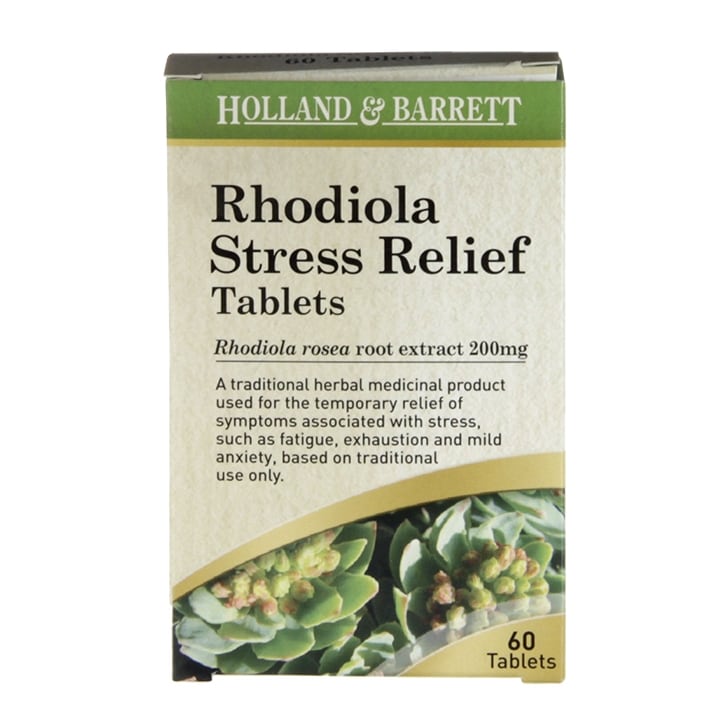 Some can increase or reduce the effects of certain drugs, potentially causing serious health effects.
Some can increase or reduce the effects of certain drugs, potentially causing serious health effects.
People taking medication must consult their doctor or pharmacist before starting herbal supplements.
They must also be aware that herbal remedies can take longer to start working than prescription medications.
If a person needs more advice about an herbal product, they can consult a qualified herbalist about brand, strength, and quantity.
The FDA does not monitor herbal remedies, so there are potential safety concerns for herbs that have mislabeling or contamination with heavy metals.
People have been using herbs for thousands of years to treat many health conditions. Scientific studies indicate that certain herbs may help to alleviate the symptoms of anxiety.
As with prescription medications, some herbal products can cause side effects. Herbal products may also take longer to begin working. People must consider these factors when weighing up the pros and cons of a particular treatment.
There can be serious interactions between certain herbs and medications. A person who is taking any medication must consult their doctor before they begin taking herbal products.
Read the article in Spanish.
Articles of the network of pharmacies "Classic" - Pharmacy Classic
09/21/2017
“All diseases are from the nerves,” said doctors in the middle of the 20th century. However, the 21st century has come, and nothing has changed in this regard. The rhythm of life is still accelerating, the demands are getting higher, and the fatigue is getting bigger. Tips for normalizing rest and sleep patterns, improving nutrition and avoiding stressful situations help, but to help them they need to take medications that help the depleted nervous system restore tone and return to normal.
It is gratifying that modern pharmacology does not stand still and regularly supplies new and more advanced sedatives to the drug market.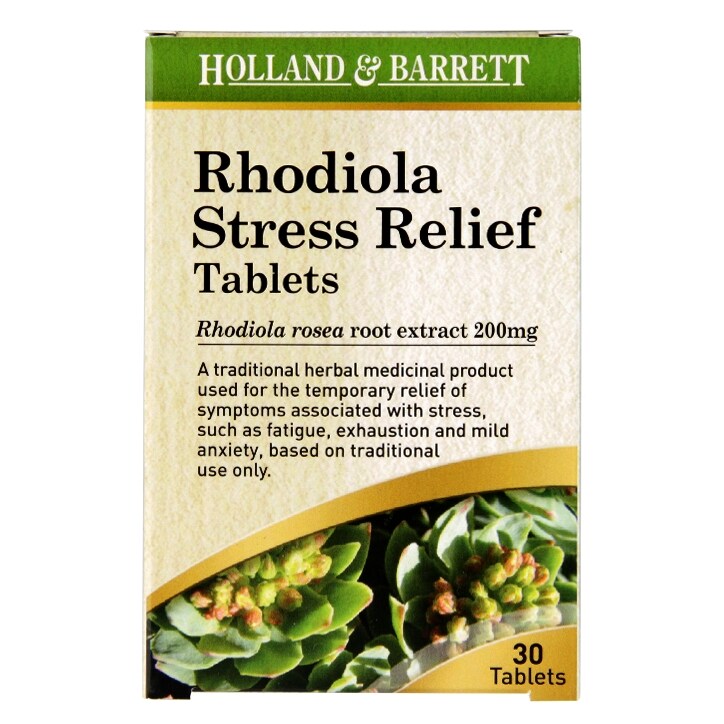 Their effect on the body manifests itself much faster, they have fewer contraindications and do not cause side effects that the drugs of past generations were famous for. In our selection, experts from the Classic pharmacy will tell you which sedatives are considered the best today.
Their effect on the body manifests itself much faster, they have fewer contraindications and do not cause side effects that the drugs of past generations were famous for. In our selection, experts from the Classic pharmacy will tell you which sedatives are considered the best today.
1. Fitosedan (Sedative collection No. 2).
This sedative is one of the few all-natural stress relievers. At the same time, the absence of synthetic components does not in the least prevent it from exerting a powerful sedative effect on the body, and all thanks to an amazing combination of medicinal herbs such as oregano and thyme, valerian, sweet clover and licorice root. As practice shows, Fitosedan perfectly eliminates sleep problems and prevents the negative effects of stress, if it has not yet become chronic.
In addition, sedative collection No. 2 does not harm the body, which means that it can be used even during pregnancy and even children.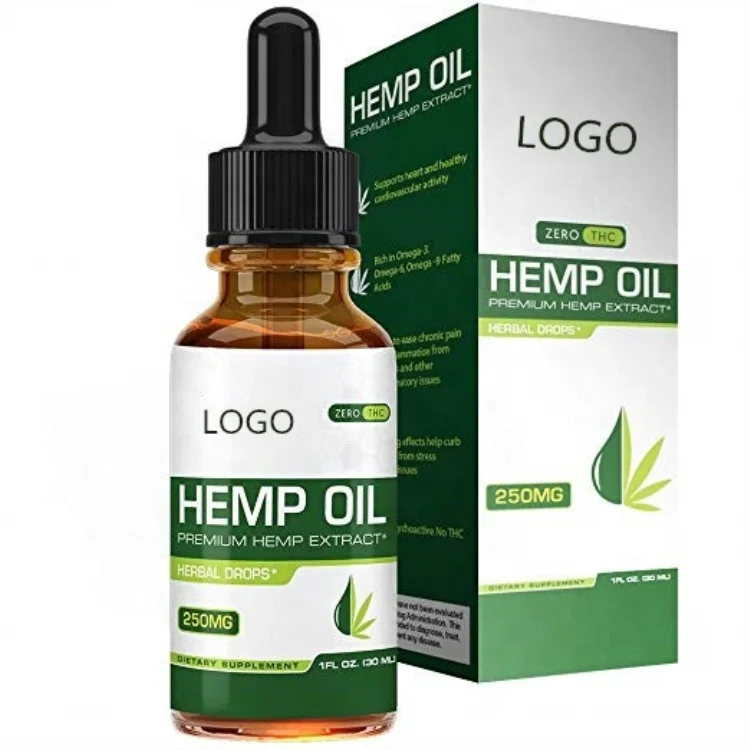 The same applies to side effects. For example, Fitosedan does not cause drowsiness, and therefore doctors recommend drinking it in the afternoon, brewing one filter bag at a time, and drinking it like tea. Moreover, you can take the remedy even in the morning or at lunchtime, without fear of the appearance of a sleepy or inhibited state. With all this, Fitosedan is an affordable drug, the price of which will pleasantly surprise you.
The same applies to side effects. For example, Fitosedan does not cause drowsiness, and therefore doctors recommend drinking it in the afternoon, brewing one filter bag at a time, and drinking it like tea. Moreover, you can take the remedy even in the morning or at lunchtime, without fear of the appearance of a sleepy or inhibited state. With all this, Fitosedan is an affordable drug, the price of which will pleasantly surprise you.
2. Persen.
Persen is another herbal preparation that combines valerian extract with lemon balm and peppermint. In this combination, the substances from these herbs are able to have a mild relaxing and calming effect on the body. The drug Persen perfectly copes with neurotic conditions and unpleasant symptoms of stress, it is effective as a remedy for anxiety and depression, and besides, it bears the proud title of "The Best Natural Sleeping Pill". Moreover, experts often prescribe this medication for the prevention of psychosomatic disorders.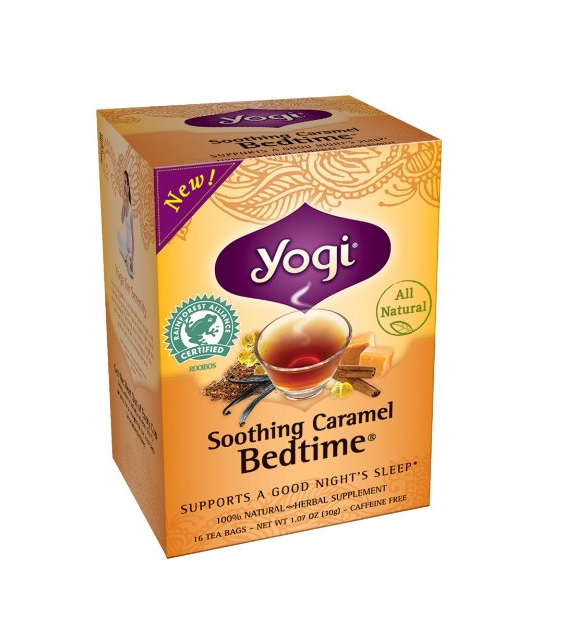
Separately, we will say that Persen is not at all addictive and does not reduce concentration, so it can be taken by people engaged in activities that require increased concentration. If we talk about the shortcomings of the drug, then this should include individual intolerance and hypersensitivity to the components of Persen. Persen is not prescribed to children under three years of age due to the lack of studies confirming the safety of taking the medicine at this age.
3. Tenoten.
This drug belongs to homeopathic remedies, the effects on the body of which are still disputed today. The fact is that the active substance of the drug is present in this medication in extremely small doses, and, according to some scientists, does not have a positive effect on the nerves. Nevertheless, numerous studies and reviews prove that the drug is excellent for people who are in a state of prolonged stress, those who suffer from neuroses and are faced with autonomic and psychosomatic disorders.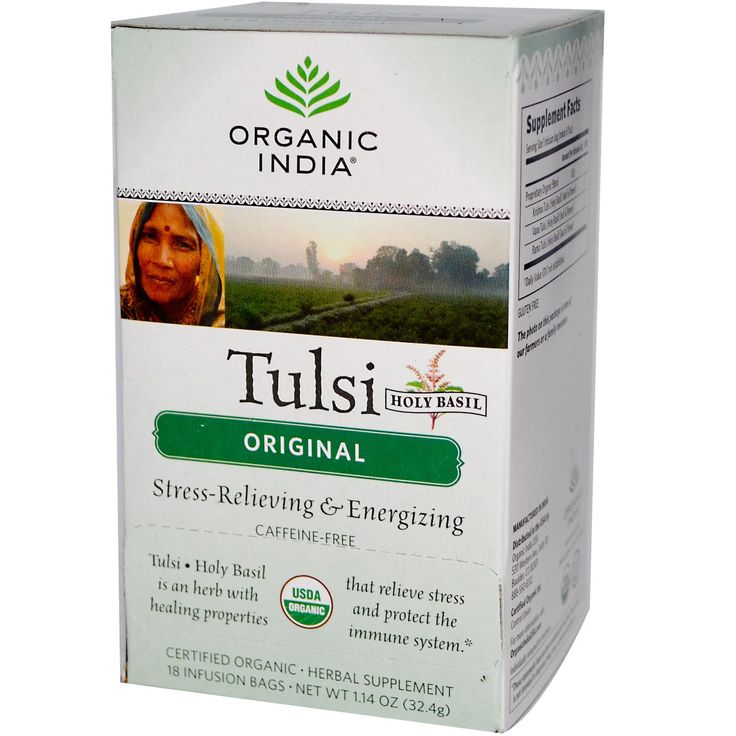
In addition, Tenoten improves memory and increases the body's resistance to stress. The undoubted advantage of the drug is that due to the minimum doses of the drug, Tenoten does not cause side effects. And the list of its contraindications includes only children under 3 years of age, pregnancy and lactase deficiency.
4. Deprim
This sedative is commonly called the "Most Natural Antidepressant", and all because its active ingredient is the St. John's wort plant, or rather its extract. For the first time, scientists became interested in the antidepressant effect of this medicinal plant in the mid-80s of the last century, and the opinions of American and European researchers diverged. The Americans considered that St. John's wort is not able to effectively affect the central nervous system, while European scientists proved that in the fight against depressive states, St. John's wort extract is in no way inferior, and in many ways even surpasses traditional antidepressants.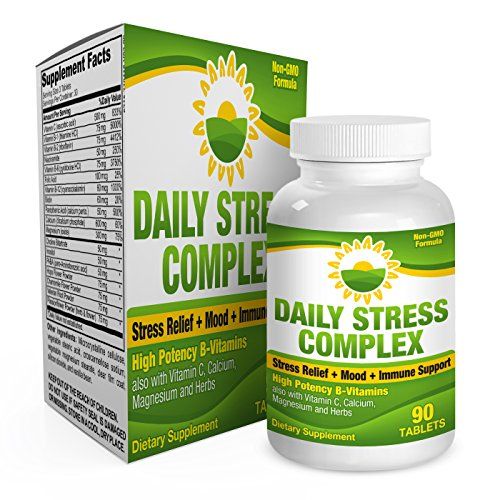
Today, Deprim is often prescribed to combat depression (mild to moderate), in case of low mood, anxiety (especially during menopause), as well as increased sensitivity to weather changes. True, you can buy medicine only with a doctor's prescription, and for children under 6 years old, it is contraindicated. In addition, it must be remembered that this medicine enhances photosensitivity, which means that it is better for fans of a beautiful sun tan or visiting a solarium to refuse treatment with Deprim. And yet - you should not combine taking this medication with another antidepressant, so as not to cause an overdose.
5. Afobazole
The drug Afobazole is rightfully called one of the best anxiolytics and tranquilizers of our time. This tool is the best combination of efficiency, safety and affordability. Judge for yourself, Afobazole perfectly calms the nerves and reduces anxiety, helps to eliminate insomnia and problems with falling asleep.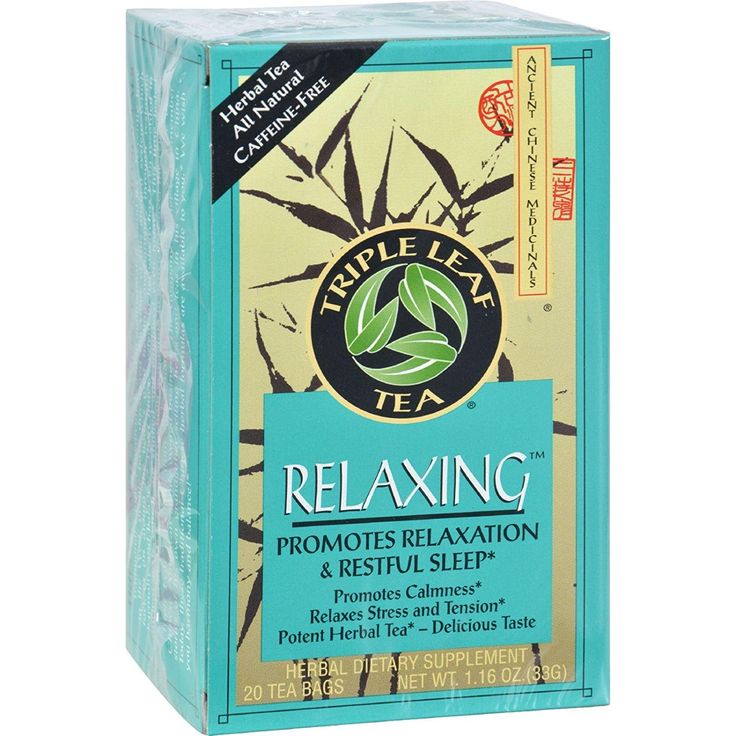 In narcological practice, this drug is prescribed to people who decide to quit smoking or “quit” alcohol. Afobazole in this case perfectly eliminates the signs of withdrawal symptoms. The medicine is also used in psychiatry, where, in combination with other drugs, it eliminates some psychosomatic disorders.
In narcological practice, this drug is prescribed to people who decide to quit smoking or “quit” alcohol. Afobazole in this case perfectly eliminates the signs of withdrawal symptoms. The medicine is also used in psychiatry, where, in combination with other drugs, it eliminates some psychosomatic disorders.
Here it is worth mentioning the main advantage of the sedative in question. The fact is that Afobazole is the only tranquilizer that does not turn into addiction. Moreover, this remedy is combined with alcoholic beverages, which means that when taking the medicine, you will not attract too much attention to yourself at friendly parties and family celebrations.
At the same time, this medication is not prescribed to persons under the age of 18, pregnant women, nursing mothers, and people with lactose intolerance.
6. Gerbion
This is another combination sedative of natural origin, which includes valerian root, peppermint, hop cones and lemon balm.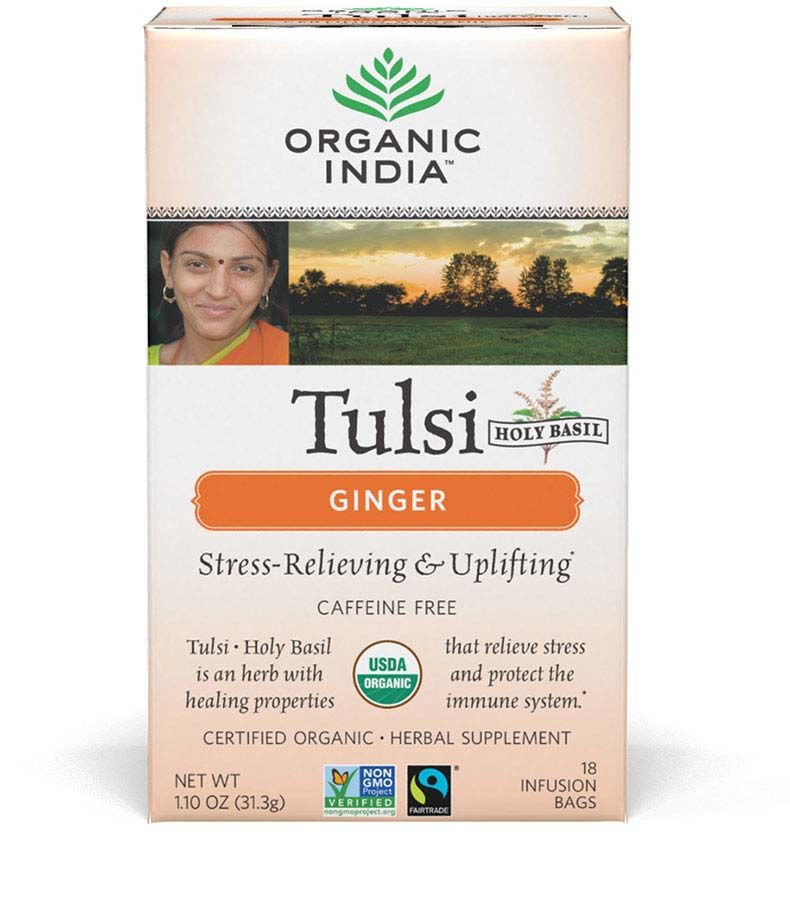 Thanks to this combination of medicinal herbs, the drug has a calming effect on the central nervous system. First of all, this effect is provided by valerian root. Hop cones enhance its effect on the nervous system, while lemon balm and peppermint have a relaxing effect and give the drug a pleasant taste.
Thanks to this combination of medicinal herbs, the drug has a calming effect on the central nervous system. First of all, this effect is provided by valerian root. Hop cones enhance its effect on the nervous system, while lemon balm and peppermint have a relaxing effect and give the drug a pleasant taste.
Gerbion is recommended for people suffering from anxiety, those who need to cope with increased excitability, irritability, insomnia or constant stress. The medicine is produced in drops, and therefore, for most of the listed disorders, it is enough to take 20-30 drops a day so that unpleasant nervous disorders no longer bother you.
It is recommended to use Gerbion for adults, but for children under twelve years of age, the medication is prescribed only after consultation with a specialist. In addition, it should be remembered that Gerbion drops are produced on alcohol, which means that they should be used by persons driving a car and other means of increased danger with caution.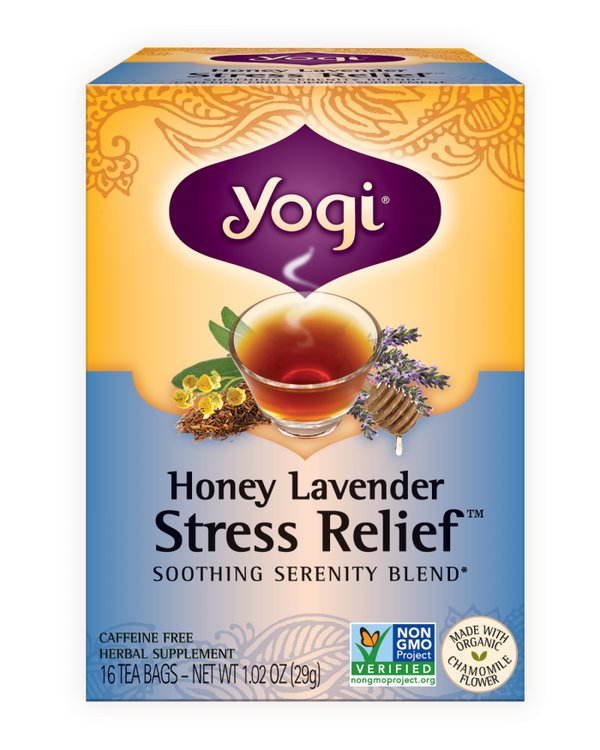
7. Novo-passit
This Czech drug is called the best drug with anxiolytic (anti-anxiety) action. Initially, Novo-Passit caused a lot of doubts as a sedative, because the active component of this drug is the substance guaifenesin, developed by scientists in 2012 to combat coughs. However, later it turned out that this plant substance, extracted from the bark of the guaiac tree, affects not only the cough center, but also the central nervous system, relieving a person of anxiety and perfectly calming “shaken” nerves.
Today Novo-Passit is used to combat such unpleasant conditions as irritability and anxiety, absent-mindedness, fear, and increased excitability. It is often prescribed to women to alleviate symptoms during menopause. Moreover, in combination with other drugs, Novo-Passit is used to combat allergies. Experts note the speed of the drug. Its beneficial effect on the body can be felt after 30 minutes, which makes Novo-Passit indispensable in the case of neuroses and reactive psychoses.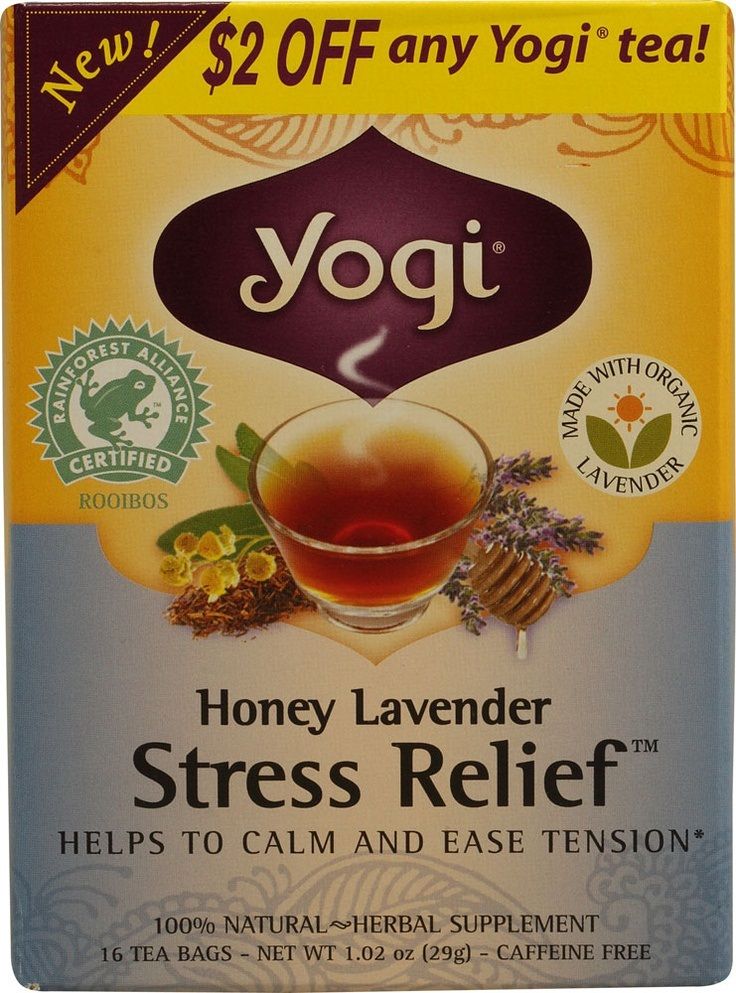 However, every person taking this drug should be aware of the possible side effects in the form of nausea, vomiting, or dizziness.
However, every person taking this drug should be aware of the possible side effects in the form of nausea, vomiting, or dizziness.
In addition, Novo-Passit reduces reaction time and weakens attention, which limits the category of people who can take this drug. Children under 12 years of age are also not prescribed this sedative.
8. Phenibut
Phenibut is one of the best representatives of modern nootropic drugs, i.e. drugs that activate the brain and improve mental processes. At the same time, Phenibut is a universal remedy with tranquilizing (calming and relieving anxiety) action. Due to such a diverse effect on the brain and, in particular, on the nervous system, Phenibut is prescribed in case of difficulty falling asleep, constant fear, anxiety and other neurotic conditions.
Neurologists use this remedy to treat dizziness and tension headaches, in cases of "seasickness" (motion sickness) and Ménière's disease. In combination with other drugs, Phenibut is also prescribed for children.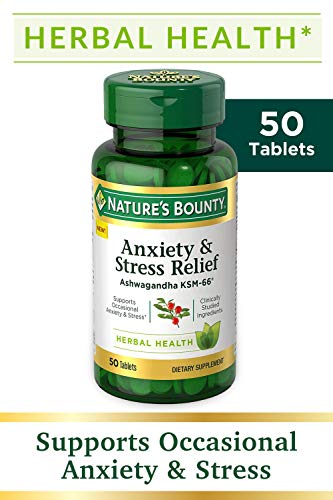 Let's talk about the negative impact on the body. Doctors do not recommend taking the medication for a long time, as in this case it can harm the liver.
Let's talk about the negative impact on the body. Doctors do not recommend taking the medication for a long time, as in this case it can harm the liver.
9. Pantogam
This is another representative of nootropic drugs that protects the brain from oxygen starvation, increases mental and physical performance. At the same time, the drug has a moderate sedative effect on the body, which allows it to be used in neurotic conditions and the treatment of various addictions.
Interest in Pantogam is increasing year by year also because, against the background of the treatment of serious diseases such as schizophrenia, epilepsy or Parkinson's disease, this drug helps to cope with nervous breakdown, sleep disturbance and other consequences of stress. Moreover, it is widely used in pediatrics, improving children's memory and normalizing a child's sleep.
Pantogam is prescribed in the complex treatment of childhood epilepsy, as well as mental retardation in children.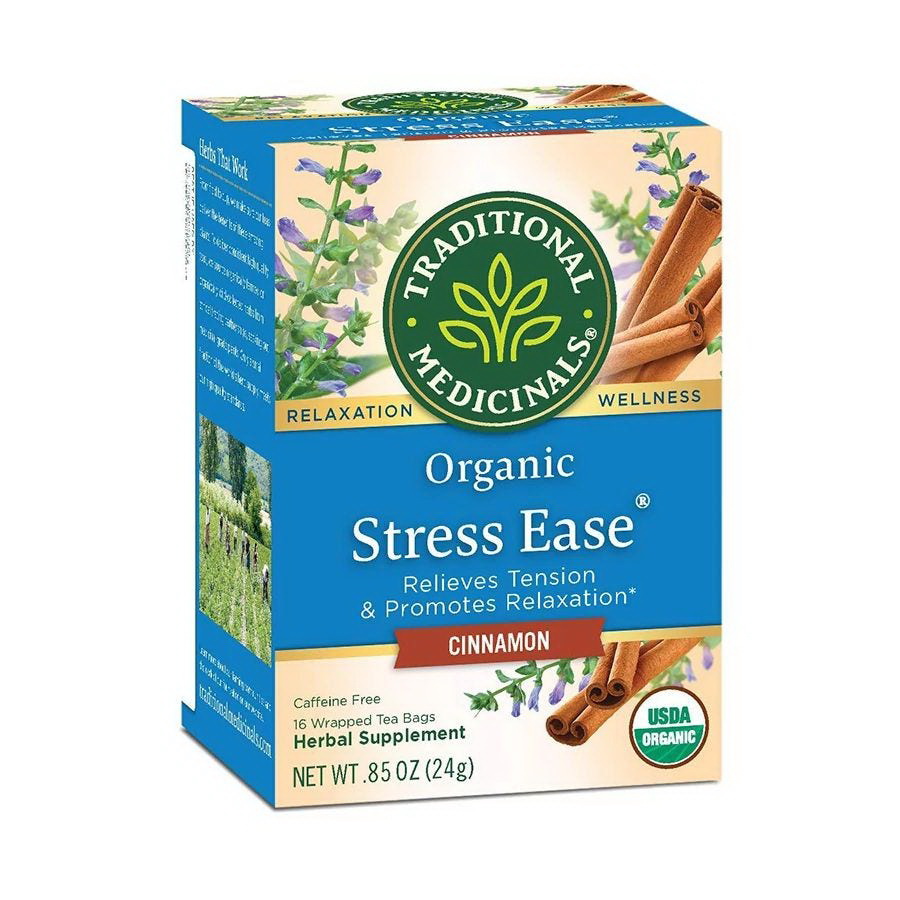 Psychomotor agitation in children is also a reason for prescribing this drug. The advantages of Pantogam include the fact that in the event of side effects, it is enough just to reduce the dosage of the medicine, as an unpleasant condition will immediately go away. However, among its side effects are drowsiness and lethargy, and in case of an overdose, a person becomes lethargic. In addition, the contraindication of the drug is pregnancy (I trimester), allergic reactions and kidney pathology.
Psychomotor agitation in children is also a reason for prescribing this drug. The advantages of Pantogam include the fact that in the event of side effects, it is enough just to reduce the dosage of the medicine, as an unpleasant condition will immediately go away. However, among its side effects are drowsiness and lethargy, and in case of an overdose, a person becomes lethargic. In addition, the contraindication of the drug is pregnancy (I trimester), allergic reactions and kidney pathology.
10. Glycine
If we talk about the means tested over the years, which have long proved their effective effect on the nervous system, then the first among them is Glycine. Today, this remedy is in demand, as before, and doctors proudly call it the best sedative for children. This medicine, which improves metabolic processes in the brain, has been helping people cope with increased emotional stress, aggressiveness and conflict for more than a dozen years.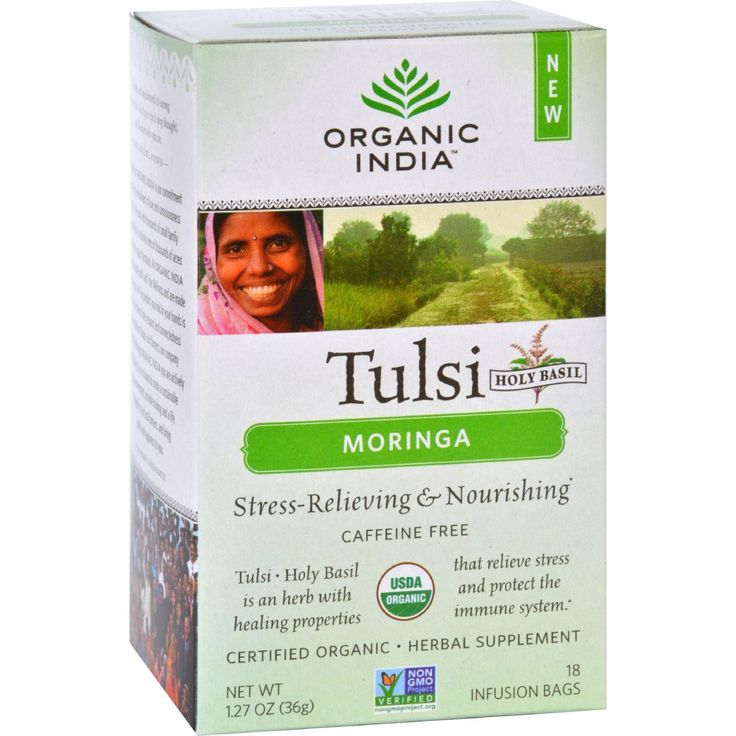
Glycine perfectly improves mood, relieves anxiety and improves sleep. The medication in question helps to cope with the withdrawal syndrome and manifestations of menopause for adults, and at the same time is suitable for children over three years old who suffer from increased excitability and do not sleep well at night.
The great advantage of this universal drug is the absence of contraindications (except for individual intolerance), as well as the low price, which makes Glycine affordable for all categories of citizens.
In this article, you have read the top 10 best sedatives for the nervous system, which means that in case of nervous disorders, it will be much easier for you to choose the right medicine. However, do not forget to consult a doctor before using it. Take care of yourself!
Return to the list of articles
Natural first aid kit: herbs for calmness, activity and immunity
Society 12708
Share
Humanity has known for a long time that plants can help. In Rus', herbal medicine was widespread, almost every village had its own herbalists, herbalists and healers. A modern person does not need to independently collect useful herbs, roots and flowers - they are sold in pharmacies.
In Rus', herbal medicine was widespread, almost every village had its own herbalists, herbalists and healers. A modern person does not need to independently collect useful herbs, roots and flowers - they are sold in pharmacies.
But it will not be superfluous to know which plant to brew for what. And now, during a pandemic, when you need to maintain your immunity, you want to become more active in the conditions of “confinement” within four walls, or vice versa, calm down against the background of noisy neighbors and stress due to getting used to the remote work mode, this is especially important. But, of course, do not forget that any plant has its own contraindications.
PEACE, ONLY PEACE
Neighbors who started renovations during their “holidays”, children who have super-important questions every five minutes, dozens of chats in instant messengers, video conferences for work. Agree, it is not always possible to remain calm in such conditions.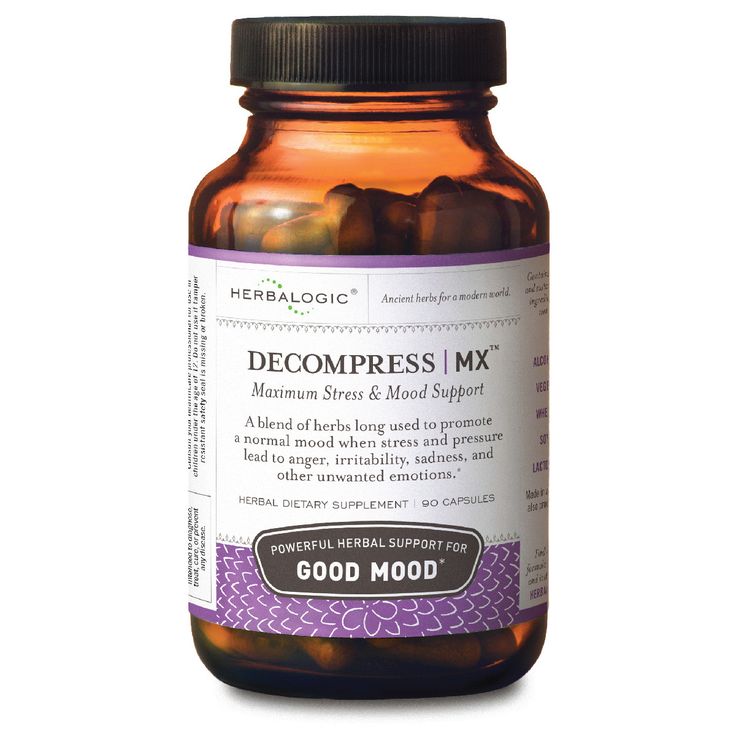 But I also don’t want to “sit down” on antidepressants. Decoctions that can be drunk instead of tea will come to the rescue. Here are plants that will help calm the nervous system.
But I also don’t want to “sit down” on antidepressants. Decoctions that can be drunk instead of tea will come to the rescue. Here are plants that will help calm the nervous system.
Borage. The leaves of this plant contain carotene, ascorbic acid, malic and citric acids, mineral salts (especially a lot of potassium), salonins and tannins. Back in the 15th century, it was believed that borage flowers help to lift the spirit and drive away sorrows. In medieval Europe, it was given to feasters to get rid of sadness and melancholy.
An infusion of this plant helps to balance excess adrenal hormones that are released into the body due to severe overexertion or stress.
St. John's wort. It contains flavonoids, ascorbic acid, choline, vitamin PP, tannins, saponins, carotene, vitamin P, resins, essential oil, nicotinic acid and other useful substances. Hypericin contained in St. John's wort is the most effective in fighting bad mood.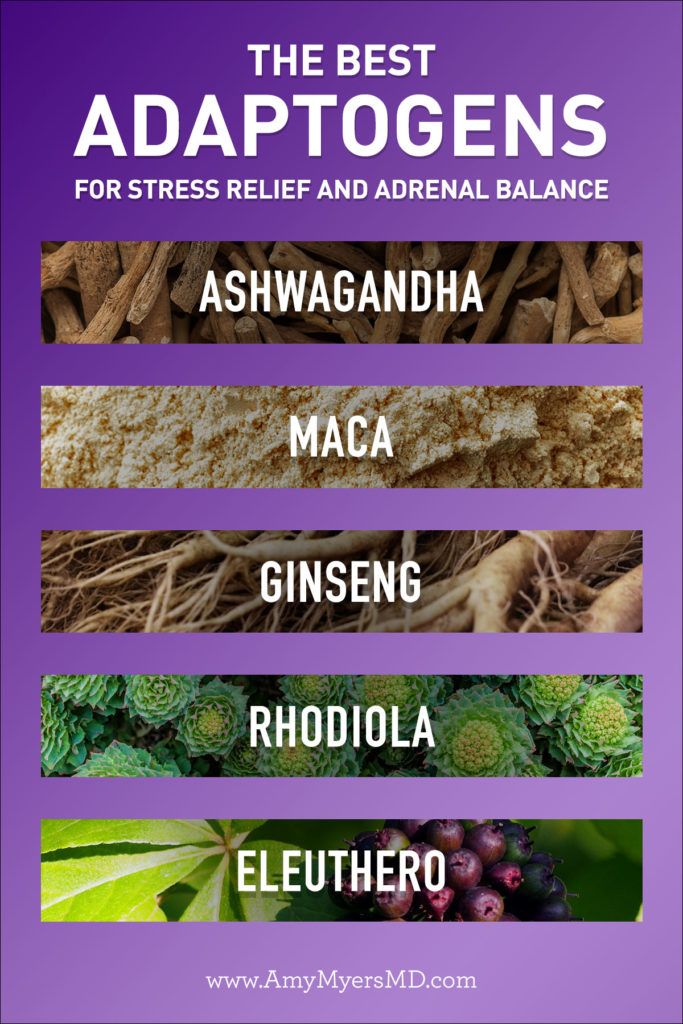 It is able to block the negative effects on the body of the hormone dopamine. St. John's wort also helps to reduce the production of adrenaline. As a result, infusions from this herb are suitable for calming the nervous system, getting rid of nervousness and irritability, chronic fatigue, depression, and anxiety.
It is able to block the negative effects on the body of the hormone dopamine. St. John's wort also helps to reduce the production of adrenaline. As a result, infusions from this herb are suitable for calming the nervous system, getting rid of nervousness and irritability, chronic fatigue, depression, and anxiety.
Hawthorn. It contains vitamins A, C, E, K, carotene, iron, potassium, magnesium, flavonoids, coffee, chlorogenic, oleanolic and ursolic acids. Infusion of hawthorn has a mild sedative effect, helps to normalize sleep.
Valerian. This plant is rich in calcium, phosphorus, iron and manganese. And also - zinc, copper, vitamin C and organic acids - palmitic, stearic, acetic, formic, malic and others. An infusion from the root of this plant helps to cope with anxiety and even reduce the psychosomatic manifestations of a nervous breakdown: insomnia, nausea, heart palpitations. However, it can also be taken in tablet form.
Motherwort. Has strong sedative properties. It can be purchased at the pharmacy in the form of tablets.
Has strong sedative properties. It can be purchased at the pharmacy in the form of tablets.
Melissa. This honey plant contains B vitamins, vitamin A, tannins, chromium, selenium, zinc, magnesium, vanadium, iron, nickel, calcium, flavonoids and various acids of organic origin. Melissa helps in the fight against nervous tension, irritability, neuroses and depression.
Basil. This spicy herb is better known as a condiment. However, an infusion of basil taken after a meal helps to strengthen the nervous system. This "seasoning" is very rich in vitamins K, A, B2 and C, sugar esters (improve the work of the heart muscle), tannins (eliminate inflammation and improve blood clotting), rutin (strengthens the walls of blood vessels), trace elements (zinc, iron, potassium) and flavonoids (substances that normalize metabolism).
REMOVE INFLAMMATION
Chamomile. The flowers of this plant contain vitamin C, ascorbic and nicotinic acids, azulenes, flavonoids and many other useful substances.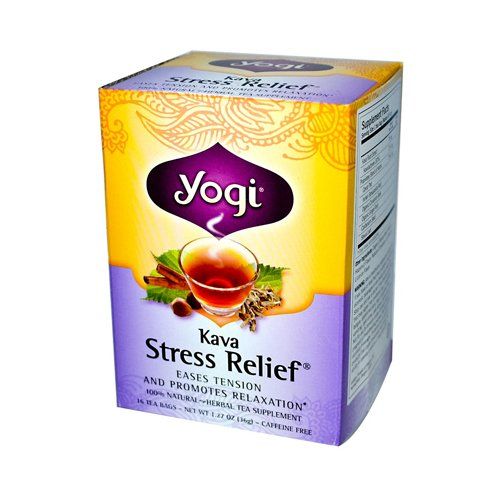 The flowers of this plant have good analgesic properties, can relieve tension, and also suppresses muscle and stomach cramps. Chamomile tea helps to normalize sleep.
The flowers of this plant have good analgesic properties, can relieve tension, and also suppresses muscle and stomach cramps. Chamomile tea helps to normalize sleep.
Creeping thyme (thyme) . Thyme leaves contain many minerals necessary for the body - potassium, calcium, magnesium, phosphorus, iron, sodium and zinc. Thyme is also rich in vitamins - C, PP, B2, B6, A, B1 and B9. Thyme tea can be taken if there is a need to improve sleep and calm the nerves. Thyme infusions also have anti-inflammatory effects.
Nettle. This scalding plant is a storehouse of vital vitamins. It contains a lot of ascorbic acid, carotene (20 leaves will provide the body with a daily intake of vitamin A). It also contains a lot of vitamin E, B and K. The latter gives nettle hemostatic properties. Vitamin K increases blood clotting and has an anti-inflammatory effect. Nettle is also rich in microelements: iron, magnesium, copper, calcium and others. The leaves of the plant contain flavonoids, tannins, silicon, organic acids, chlorophyll and others. All of them allow you to restore the functions of vital organs and normalize the functioning of the body as a whole.
All of them allow you to restore the functions of vital organs and normalize the functioning of the body as a whole.
Sea buckthorn. Most useful substances are found in bright berries. These are vitamins (B1, B2, C, E, K, P), flavonoids, folic acid, carotenoids, betaine, choline, coumarin, phospholipids. As well as malic, citric, caffeic and tartaric acids and many macro- and microelements (sodium, magnesium, iron, silicon, aluminum, lead, nickel, manganese, strontium and molybdenum). Sea buckthorn has a lot of useful properties and indications for use. It can only be noted that this plant has such properties as analgesic, bactericidal, wound healing, antiviral, tonic, choleretic, astringent, sedative, hemostatic and anti-inflammatory.
Juniper, eucalyptus, sage and calendula also have anti-inflammatory properties .
TONUS AND IMMUNITY
Echinacea purpurea. All parts of this plant contain enzymes, macro- (potassium, calcium) and microelements - selenium, cobalt, silver, molybdenum, zinc, manganese and others.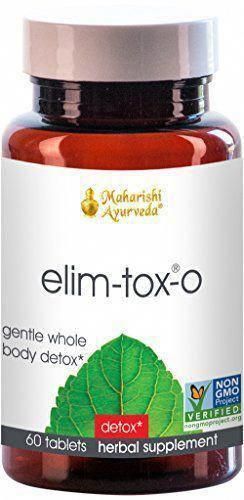 This plant is interesting in that it acts selectively, stimulating only weakened immunity. Taking herbal tea helps to increase phagocytes in the blood and thus helps to get rid of dying bacteria and cells. Helps stop the reproduction of influenza viruses, herpes, staphylococci, streptococci and E. coli. On sale you can find Echinacea Extraordinary Syrup (ECHINACEA) https://spb.sachera-med.ru/ based on a native extract of flowers, Echinacea purpurea leaves, enriched with echinacea leaf juice. The native formula of echinacea syrup is an unmodified natural complex of the complete biological composition of the plant, does not contain sugar, artificial, genetically modified, medicinal substances, hormones and preservatives, is not addictive and does not stimulate immune responses.
This plant is interesting in that it acts selectively, stimulating only weakened immunity. Taking herbal tea helps to increase phagocytes in the blood and thus helps to get rid of dying bacteria and cells. Helps stop the reproduction of influenza viruses, herpes, staphylococci, streptococci and E. coli. On sale you can find Echinacea Extraordinary Syrup (ECHINACEA) https://spb.sachera-med.ru/ based on a native extract of flowers, Echinacea purpurea leaves, enriched with echinacea leaf juice. The native formula of echinacea syrup is an unmodified natural complex of the complete biological composition of the plant, does not contain sugar, artificial, genetically modified, medicinal substances, hormones and preservatives, is not addictive and does not stimulate immune responses.
Eleutherococcus . This plant contains polysaccharides, flavonoids, active antioxidants echinocin and echonolone, essential oils, tannins, as well as macro- and microelements - calcium, cobalt, molybdenum, tsenko and selenium.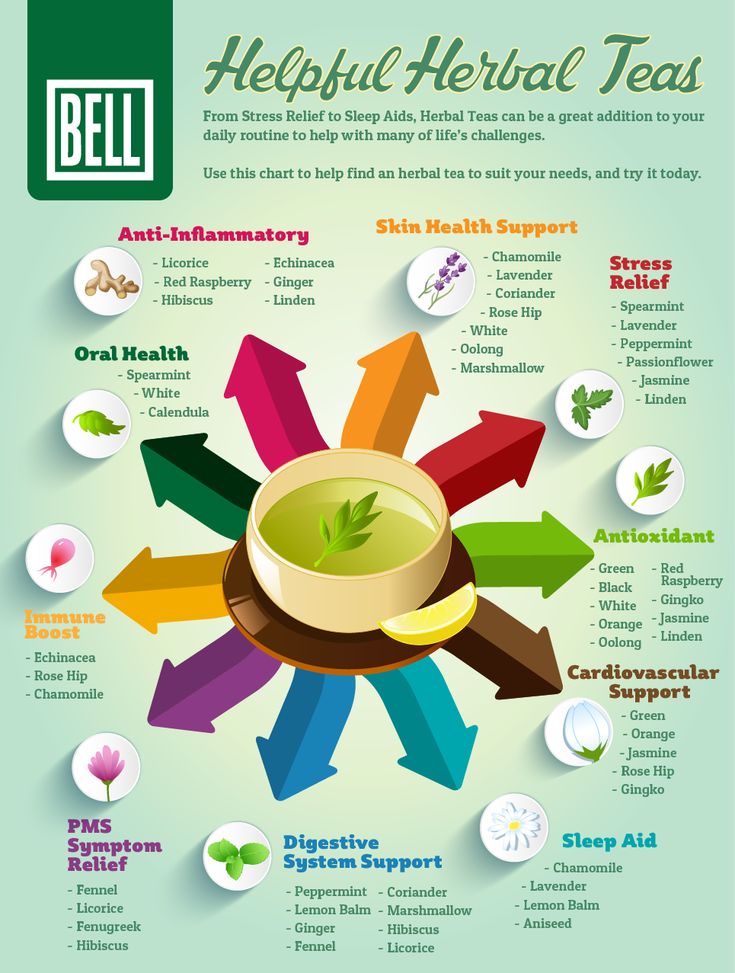 The extract of this plant affects the energy metabolism in cells, which enhances the protective properties of the immune system. At the same time, Eleutherococcus has a strong tonic effect.
The extract of this plant affects the energy metabolism in cells, which enhances the protective properties of the immune system. At the same time, Eleutherococcus has a strong tonic effect.
Ginseng. The root of this plant contains many active elements: vitamins B1 and B2, ascorbic acid, phosphoric acid, iron, manganese, essential oil, starch, fatty oil, cane sugar, as well as micro and macro elements. Therefore, ginseng root allows immune cells to capture pathogens more effectively, preventing viruses and pathogens from spreading throughout the body. This has a stimulating effect on the immune system itself.
Ginger. Essential oils of ginger have bactericidal properties and have a beneficial effect on the body's resistance to viral diseases. Ginger itself is rich in magnesium, phosphorus, calcium, sodium, iron, zinc, potassium, chromium, manganese, silicon, as well as vitamins: A, B1, B2, B, C, E, K. It also contains fatty acids: oleic, caprylic and linoleic acid. And amino acids leucine, valine, isoleucine, threonine, lysine, methionine, phenylalanine, tryptophan. Ginger helps to increase the body's resistance to viral diseases, and gingerol, which is part of the ginger root, has a bactericidal effect.
And amino acids leucine, valine, isoleucine, threonine, lysine, methionine, phenylalanine, tryptophan. Ginger helps to increase the body's resistance to viral diseases, and gingerol, which is part of the ginger root, has a bactericidal effect.
Manchurian aralia. The roots of this plant contain phytosterols (a substrate for the formation of vitamin D, steroid hormones and bile acids), flavonoids, resins that help fight bacteria, riboflavin and vitamin C, which is involved in the creation of interferon, helps strengthen immunity and helps the body fight viruses . Aralia also contains more than a dozen different trace elements, so decoctions and tinctures of the roots of this plant can increase the protective function of cells and strengthen the immune system.
Rhodiola rosea. This plant, also called "golden root", contains antioxidants, stimulants of the nominal and nervous systems, oxalic, malic, succinic and citric acids, flavonoids and alkaloids.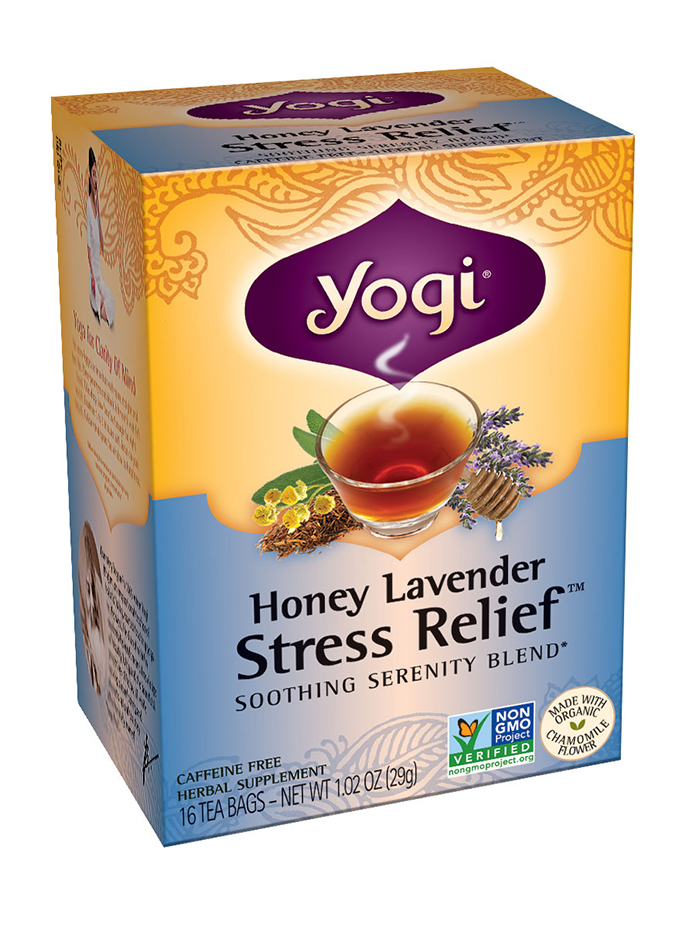 Acting as an energy tonic, rhodiola can act as a prophylactic for viral diseases, which are caused by a decrease in immunity. It is better to take rhodiola in the form of a native syrup https://spb.sachera-med.ru/, which does not contain sugar and is produced on the basis of an organic micellar complex of a concentrate of rhizomes, leaves and juice of the roots of rhodiola rosea (Rhodiola rosea, golden root) with the addition of a concentrate yacon root, lucuma. Biogenic syrup is made from the raw materials of Rhodiola rosea, collected in the habitat of Gorny Altai during the period of maximum biological activity.
Acting as an energy tonic, rhodiola can act as a prophylactic for viral diseases, which are caused by a decrease in immunity. It is better to take rhodiola in the form of a native syrup https://spb.sachera-med.ru/, which does not contain sugar and is produced on the basis of an organic micellar complex of a concentrate of rhizomes, leaves and juice of the roots of rhodiola rosea (Rhodiola rosea, golden root) with the addition of a concentrate yacon root, lucuma. Biogenic syrup is made from the raw materials of Rhodiola rosea, collected in the habitat of Gorny Altai during the period of maximum biological activity.
Subscribe
St. Petersburg Flu Children
- 31 Mar
Persistent delusions
- 27 Mar
How to repair the "riser": ways to support an erection
- 24 Mar
5 more minutes: how long does it take for perfect sex?
What else to read
-
How to get rid of puffiness and bags under the eyes at home
224
Anastasia Knyazeva
Saint Petersburg -
Rospotrebnadzor recalled who is strictly forbidden to eat citrus fruits
300
Anastasia Knyazeva
Saint Petersburg -
Putin performed a miracle with the Russian world
4868
Dmitry Popov
-
Details of the tragedy in the Moscow swimming pool: a drowned child was left without the coach's supervision
16004
Alina Karpush
-
“I was a piece of meat”: survivors of the tragedy advise Kostomarov how to survive after amputation
Photo 10025
Anatoly Salunov
What to read:More materials
In the regions
-
The Pentagon faked a video of the drone crash near the Crimea
30904
CrimeaPHOTO: T.

